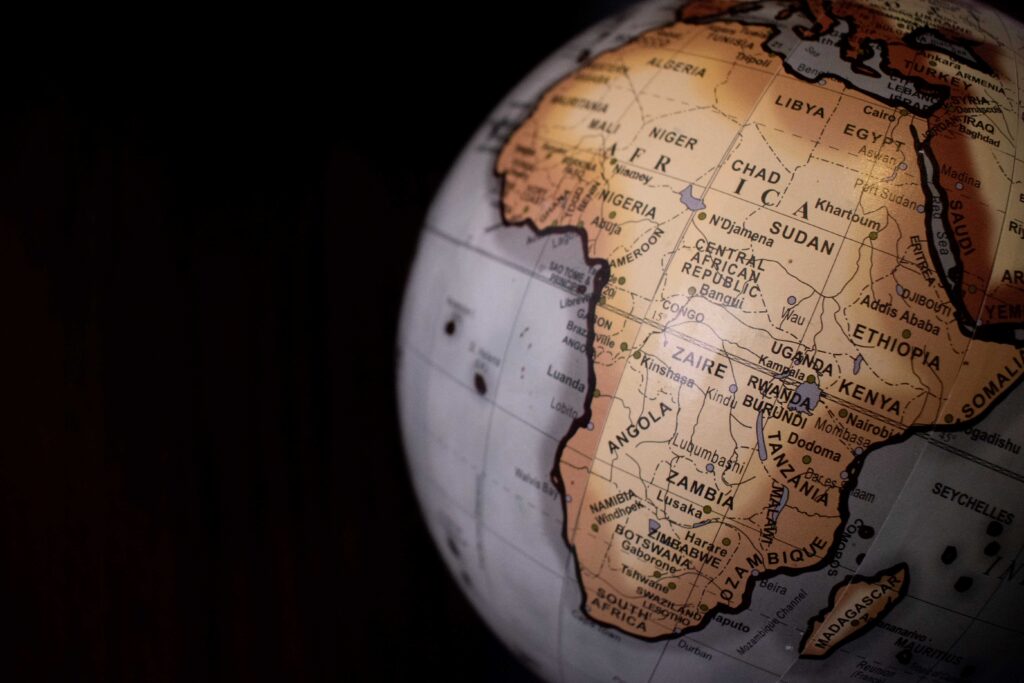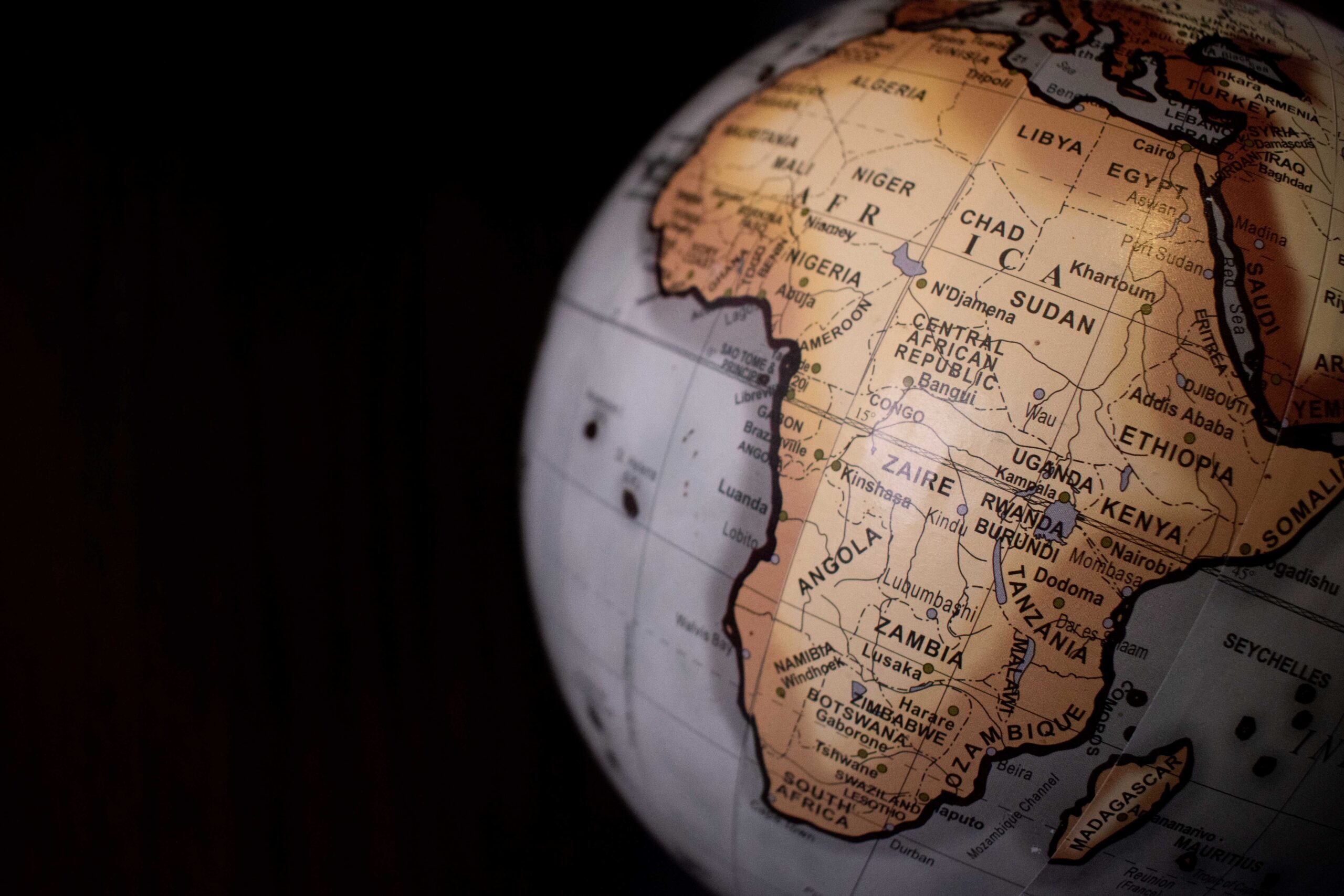In the bustling Lagos suburb of Ogba, Arinola Omolayo runs a shop selling imported frozen foods such as chicken, fish, and turkey. The joy she once found in her business is fading under the weight of escalating food prices. For instance, the price of frozen chicken has surged to around 3,400 naira ($4; £3.50) per kilogram, a sharp 26% increase over the past quarter.
“Before, customers would purchase a kilogram of fish or chicken, but now they’re only asking for half,” Omolayo observes. Even her regulars, who typically bought 3-4 kilograms, are now limiting their purchases to about a kilogram.
Omolayo attributes this change to the rising value of the US dollar, which has made her imported goods much harder to sell. In Nigeria, the declining value of the naira has led to a spike in foreign exchange rates and inflation, impacting food, transportation, and general commodity prices.
This economic strain isn’t unique to Nigeria. Across Sub-Saharan Africa, local currencies are losing ground against major global currencies like the US dollar and the pound sterling, eroding their purchasing power. Between December 31, 2022, and September 15, 2023, the naira’s value against the US dollar plummeted by nearly 40%.
A World Bank report highlighted that the naira and Angola’s kwanza are among the continent’s most depreciated currencies. The Central Bank of Nigeria’s decision to lift trading restrictions and Angola’s move to cease defending its currency in light of dwindling oil prices and increasing debt repayments were key factors in this depreciation.
The report also noted significant declines in other African currencies, including those of South Sudan, Burundi, the Democratic Republic of Congo, Kenya, Zambia, Ghana, and Rwanda.
In Zambia, a major copper producer, the price of essential items like maize, meat, fish, and dried pumpkin leaves has risen by over 14% in five months, pushing these staples beyond the reach of many in a nation where poverty is widespread.
A key factor in these currency declines is the mismatch between the supply and demand for foreign currencies, leading many to resort to the black market, where rates are less favorable. Additionally, the heavy reliance on imports exacerbates the problem, as these countries require foreign currencies to pay international suppliers.
Some countries, like Sierra Leone, even price goods and services in US dollars, further increasing the demand for foreign currency over local ones.
The ramifications are far-reaching. Manufacturers face higher costs for imported raw materials, passing these costs to consumers through higher retail and transportation prices. This situation has led to business suspensions and investor wariness, as seen when Emirates Airlines halted its Nigerian operations due to an inability to repatriate funds.
Despite being oil-rich, countries like Nigeria and Angola face challenges due to high debt and subsidies for local fuel and energy, which limit the benefits they reap from global oil prices.
In response, governments are taking measures. Nigeria’s Central Bank plans to inject $10bn into the market to alleviate foreign exchange debt. Ghana has implemented a “gold for oil” policy to ease pressure on its currency, and Zambia is increasing its foreign currency reserves to bolster the kwacha.
There’s a growing debate about implementing the Continental Free Trade Agreement to reduce reliance on foreign currencies in trade. Experts like Muda Yusuf from the Centre for the Promotion of Private Enterprise in Nigeria emphasize the importance of intra-African trade and local production to strengthen local currencies.
However, challenges like inadequate infrastructure hinder intra-African trade. Improving connectivity by road and rail is essential for realizing the potential of the continental free trade agreement.
Back in Lagos, the impact of these economic shifts is palpable in Omolayo’s store, where customer visits have dwindled significantly. “There was a time I would be too busy to even have this conversation,” she remarks, underscoring the stark reality of the situation.






